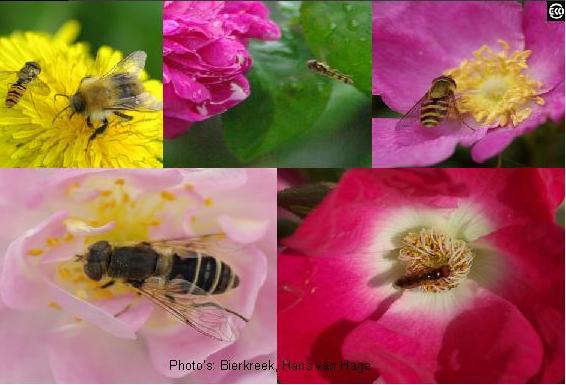
Photo/Illustration: Bierkreek – Hans Van Hage

Photo/Illustration: Bierkreek – Hans Van Hage
I’ve been involved in a very interesting project recently, which is helping translate into English the website of an Organic Dutch Rose Nursery run by good friends of mine. Now before you start thinking I’m some kind of language whiz kid my parents are Dutch so I understand the language fairly well and Google Translator is a great tool!
The nursery is called Bierkreek and they are, to their knowledge, one of only two organic rose nurseries certified by the European Union. What I especially enjoy about doing this is I am learning a lot. And more often then not I’m caught totally by surprise by something new.
The most surprising one was when I was translating a section on beneficial insects. I got into a section that seemed to say in order to control thrips on roses you needed aphids. Aphids!!??.
My mind would not wrap around this thought so I called Geertje. “Google translator is translating this section to say you need aphids to control thrips”. “That is correct” came the confident, calm reply. “What?!” was my less than literate response.
Geertje then explained it to me and I’m passing it on to you.
There is a little insect called the hoverfly. I’ve been learning a lot about them because they are all over Bierkreek’s website. They are very beneficial to roses as are lacewings and lady bugs. In early spring these insects lay their eggs very close to where the aphids are. The larvae that hatch eat aphids and then turn into adults. They then lay their eggs and those eggs hatch when “thrip season” starts. This 2nd generation of larva feed eat, you guessed it, thrips!
So if you spray for aphids early in the season the 1st generation of larva will not have enough to eat, they won’t turn into adults and lay the 2nd generation that eats the thrips. That is why aphids are an important part of controlling thrips.
Now I realize no one likes an aphid infestation but keep this in mind. You probably have an aphid infestation precisely because you spray for them. Spraying for them does not attract those beneficial insects because they have nothing to eat. Would you go to a restaurant with no food?
Like with other aspects of weaning roses off chemicals it takes time for nature to restore the balance we’ve upset. So yes, the first season you may have more aphids than you care for. But over time this will balance itself out and while you’ll have some aphids the beneficial insects will keep a nice balance.
I personally know this works because I never use insecticides – not even organic ones. I’ve never had lots of aphids and frankly I’ve never thought about thrips because I’ve never seen them on my roses. And thanks to Bierkreek now I know why!
Bierkreek is discussing this, and a whole host of other interesting subjects on our Roses Are Plants, Too discussion forum. Click Here to pop over and join us.
Fine Gardening Recommended Products
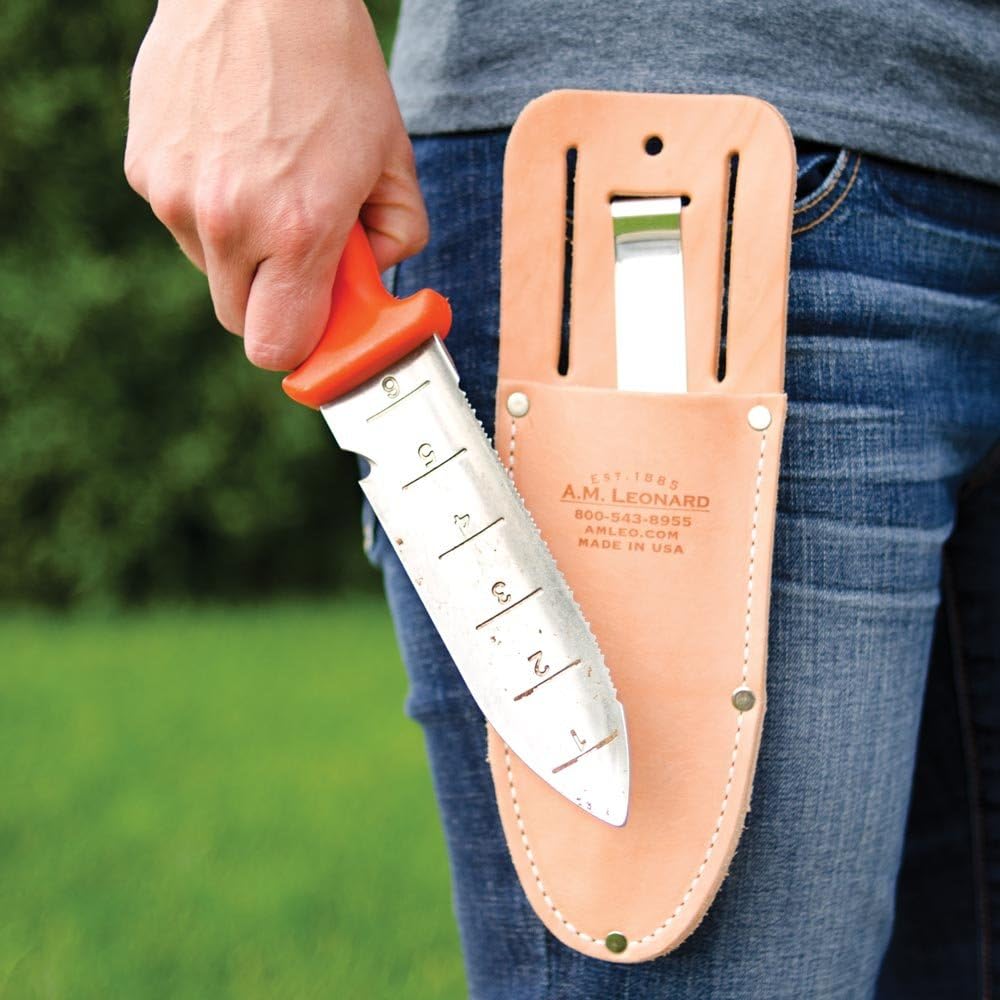
A.M. Leonard Deluxe Soil Knife & Leather Sheath Combo
Fine Gardening receives a commission for items purchased through links on this site, including Amazon Associates and other affiliate advertising programs.

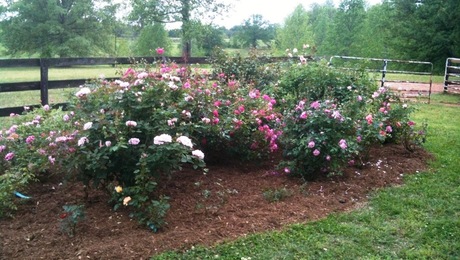



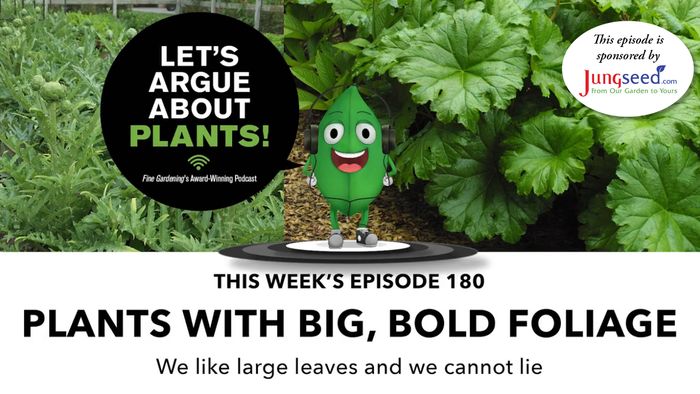
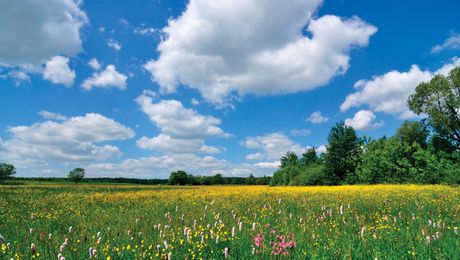
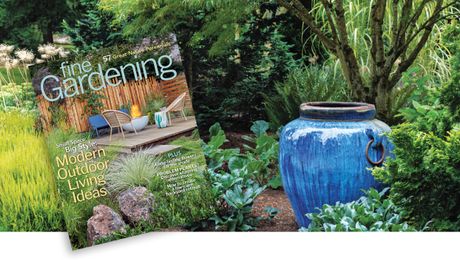










Comments
Very interesting Paul. I really never had many aphids on my roses either, but something is destroying the blooms and I see tiny holes on the early buds. My thoughts were that they are thrips. Unless they could be something critter too tiny to see.
That sounds like thrips. Do you use any kind of insecticide?
Log in or create an account to post a comment.
Sign up Log in